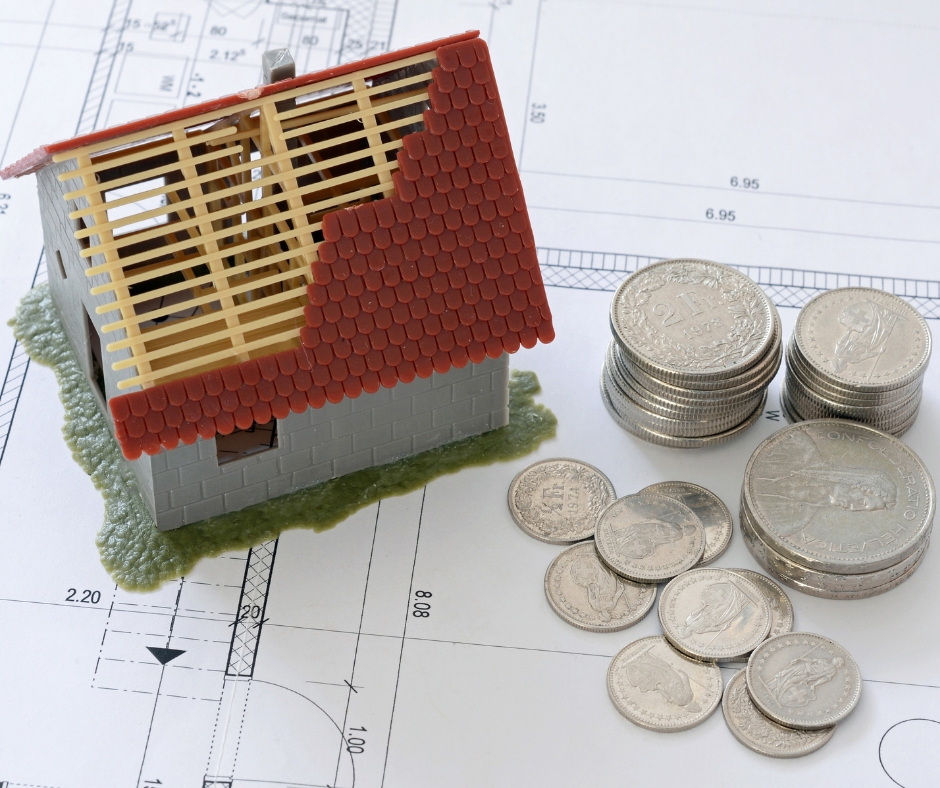Financially Prepare Yourself For Homeownership
Written By: Miller and Associates Realty On: 8th March 2019 Under: Real Estate Tips

Preparing Your Finances For Homeownership
Real estate can be financially confusing both when someone is looking to sell a home or when they are buying one. When a home buyer purchases a home they are making one of the biggest financial decisions of their life and it is good to be prepared for all the anticipated fund flow surrounding the home purchase.
Saving For A Down Payment
Many people say that when they buy a home there should be enough cash for a 20% down payment on the home. There is logic behind this amount but it isn’t sufficient to just have this amount set aside due to the closing costs on the home (more on that below). The 20% comes from a desire to avoid something that is known as primary mortgage insurance, or PMI.
PMI is an amount that a lender charges a borrower as security on the home mortgage. When someone is looking to buy a home the mortgage lender is taking a risk on the loan.
Mortgage loans tend to have lower interest rates associated with them because the value of the home is secured by an asset in the home that can help a lender to recover the majority of the loan amount.
By demanding a 20% down payment they can sell the home at auction upon a mortgage default and still recover the principal that they lent to the home buyer. When a borrower borrows more than 80% of a home price, the lender is at additional risk and buys insurance that the borrower pays for with PMI.
A home buyer should be sure to take the time to save up for this magic 20% threshold as the amount that is paid for PMI will not contribute to the home ownership in any particular way. It is simply a lost amount of money. Further, many lenders will charge more interest on a loan if they make a down payment of less than 20% of the home sale price. For many first time homebuyers, this is not an option; but should be the goal.

Considering Different Types Of Mortgage Loans
There are two main types of interest rates that are charged on a mortgage loan; a fixed interest rate that doesn’t fluctuate over the life of the loan and a variable interest rate that will adjust to the market rate for the loan once an initial period is over.
Generally speaking, on a fixed interest rate the initial rate is typically higher as the mortgage lender assumes the interest rate risk that rates will increase over time. In a variable rate loan, the borrower assumes the interest rate risk.
While some people save money on a variable rate interest loan, there is a risk that the interest rates will rise and a borrower will not be able to afford your mortgage loan payments. Home buyers should consider this risk and whether it is appropriate for them to assume it given their broader financial position.
Also, consider the duration of the mortgage loan. Shorter loans may have lower interest rates attached to them but may have higher mortgage payments. Balance these factors off against each other and consider a mortgage loan that is appropriate for your individual financial position.
Preparing For Closing Costs
When a home buyer purchases a home they need to pay closing costs on their mortgage. Contact should be made with a mortgage lender to get a good estimate of these costs so a borrower can set aside a reserve for overages.
They will also have to pay for homeowners insurance, prorated amounts of taxes, and some transfer taxes. A real estate agent can provide buyers with a good idea of the ancillary costs of their home purchase and help them to prepare financially for the unknowns.
Having Funds For Repairs And Renovations
It’s a tale as old as time, as soon as someone finishes buying a home the hot water boiler breaks or they need sudden roof repairs. Though these stories regarding Murphy’s Law of Home Buying may be mostly mythical, a well-prepared home buyer should have funds set aside to take care of needed repairs and renovations. For many, part of the enjoyment of home ownership is fixing up the house, making it nicer than it was before they moved in.
For more information about making a house your next home, contact your local trusted Realtor.




